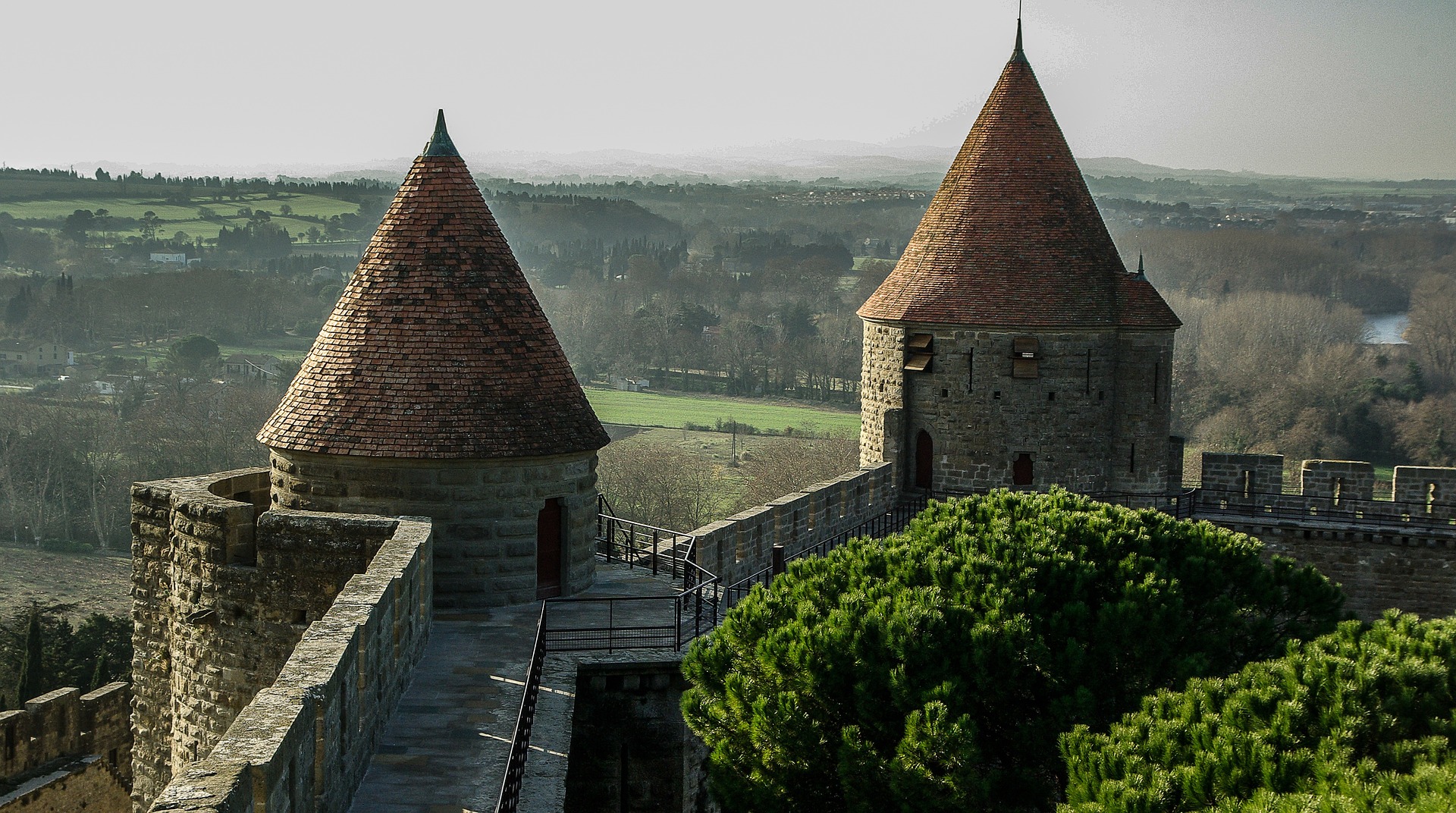I love a good historical fiction story as much as anyone. It is fun to romanticize the past, to think about what life would have been like way back when (usually without much regard for the extreme poverty, lack of sanitation, rampant disease and other regular horrors the majority of people faced). Who wouldn’t have wanted to be a princess, or a knight, or a heroic figure of old? While the times of long dresses, swords, court intrigue, and paupers rising above their “station” have long since vanished, the tendency to idealize the past is just as alive and well in our day as it was in Jesus’ time.
In today’s Gospel, Jesus accuses the Pharisees of just this – fantasizing about the prophets of old and placing themselves into the narrative as righteous believers who never would have gone against the prophets’ teachings like the rest of the nation. In their efforts to grasp at holiness, the Pharisees went so far as to denounce their ancestors’ behavior by contrasting it with their fictitious claims that had they been there, they would have acted with moral superiority.
It is very easy to talk about what we would do when considering an event long since past. It is quite another to be presented with that same event and actually need to act within it. Jesus is calling the Pharisees to task on this. Here He is, the Messiah, the one all the prophets pointed to, and there were the Pharisees, on the other side of the fence. They talked big talk, but never found the courage, faith, or trust to walk the walk.
We need to take care with this Gospel message, lest the accusations Jesus makes toward the Pharisees turn toward us. We are all human and we all make mistakes. It is another thing entirely, however, to speak ill of those who lived in the past. It is not fair to the people who have gone before us, who cannot defend their choices. It is also fiction, we tell ourselves in order to puff up our own pride, to make ourselves feel better than others. But at the end of the day, all that will remain is an empty shell of a story that was never ours to begin with.
Me encanta una buena historia de ficción histórica tanto como a cualquiera. Es divertido idealizar el pasado, pensar en cómo habría sido la vida hace mucho tiempo (generalmente sin tomar en cuenta la pobreza extrema, la falta de saneamiento, las enfermedades desenfrenadas y otros horrores habituales que enfrentaba la mayoría de las personas). ¿Quién no hubiera querido ser una princesa, un caballero o una figura heroica de antaño? Si bien los tiempos de los vestidos largos, las espadas, las intrigas de la corte y los pobres que se elevaban por encima de su “estación” se desvanecieron hace mucho tiempo, la tendencia a idealizar el pasado está tan viva en nuestros días como lo estaba en el tiempo de Jesús.
En el Evangelio de hoy, Jesús acusa a los fariseos precisamente de esto: fantasear con los profetas de antaño y colocarse en la narración como creyentes justos que nunca habrían ido en contra de las enseñanzas de los profetas como el resto de la nación. En sus esfuerzos por captar la santidad, los fariseos llegaron a denunciar el comportamiento de sus antepasados al contrastarlo con sus afirmaciones ficticias de que, de haber estado allí, habrían actuado con superioridad moral.
Es muy fácil hablar de lo que haríamos cuando consideramos un evento que ha pasado hace mucho tiempo. Otra muy distinta es que se te presente el mismo evento y realmente necesites actuar dentro de él. Jesús está llamando a los fariseos a la esta tarea. Aquí está Él, el Mesías, al que señalaban todos los profetas, y allí estaban los fariseos, al otro lado de la valla. Hablaron mucho, pero nunca encontraron el coraje, la fe o la confianza para caminar por el camino.
Debemos tener cuidado con este mensaje evangélico, no sea que las acusaciones que Jesús hace a los fariseos se vuelvan contra nosotros. Todos somos humanos y todos cometemos errores. Sin embargo, otra cosa es hablar mal de los que vivieron en el pasado. No es justo para las personas que nos han precedido, que no pueden defender sus elecciones. También es ficción, nos decimos para inflar nuestro propio orgullo, para sentirnos mejores que los demás. Pero al final del día, todo lo que quedará es una cáscara vacía de una historia que, para empezar, nunca fue nuestra.
 Kate Taliaferro is an Air Force wife and mother. She is blessed to be able to homeschool, bake bread and fold endless piles of laundry. When not planning a school day, writing a blog post or cooking pasta, Kate can be found curled up with a book or working with some kind of fiber craft. Kate blogs at DailyGraces.net.
Kate Taliaferro is an Air Force wife and mother. She is blessed to be able to homeschool, bake bread and fold endless piles of laundry. When not planning a school day, writing a blog post or cooking pasta, Kate can be found curled up with a book or working with some kind of fiber craft. Kate blogs at DailyGraces.net.
Feature Image Credit: Jackmac34, pixabay.com/photos/france-carcassonne-medieval-city-1105973/

